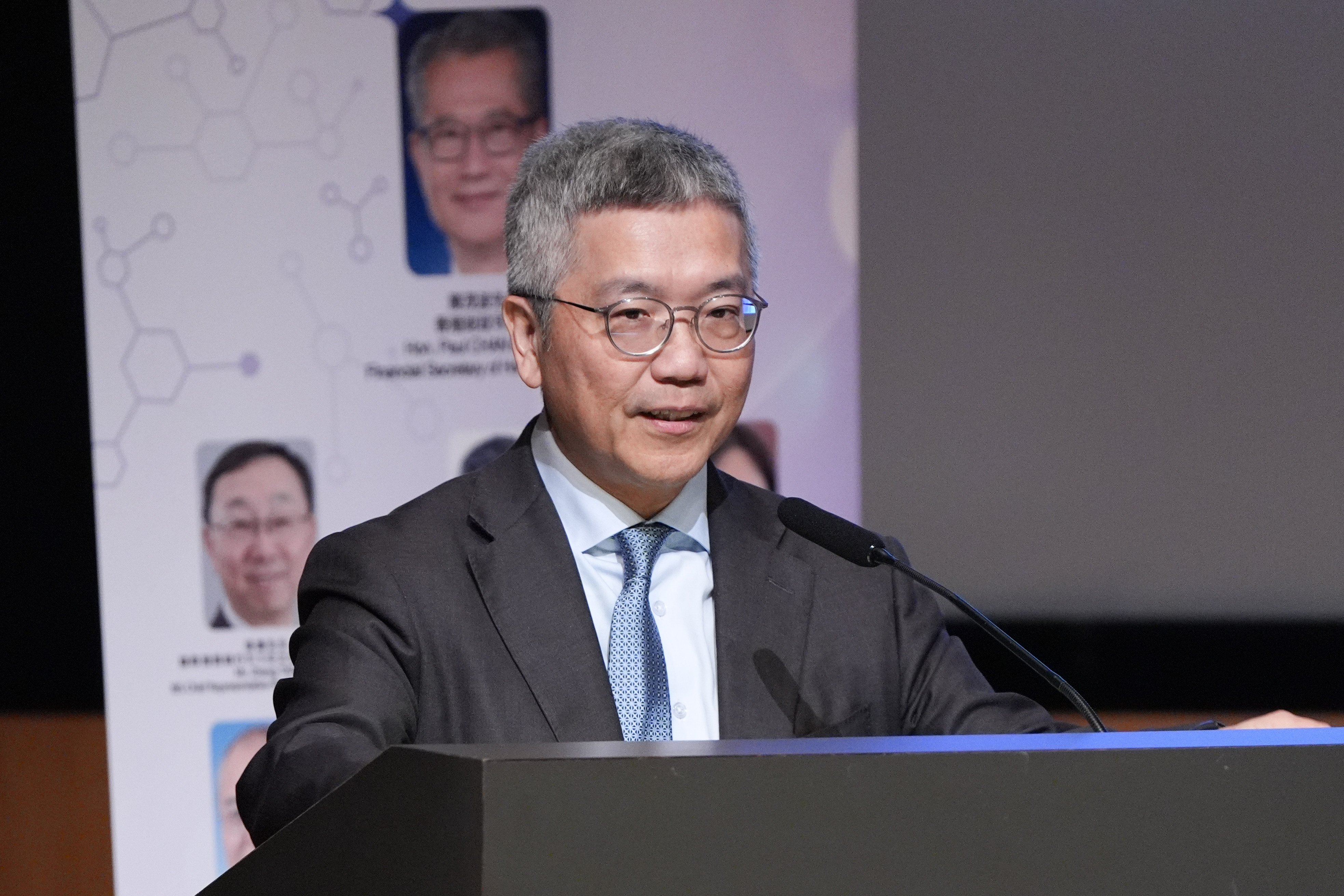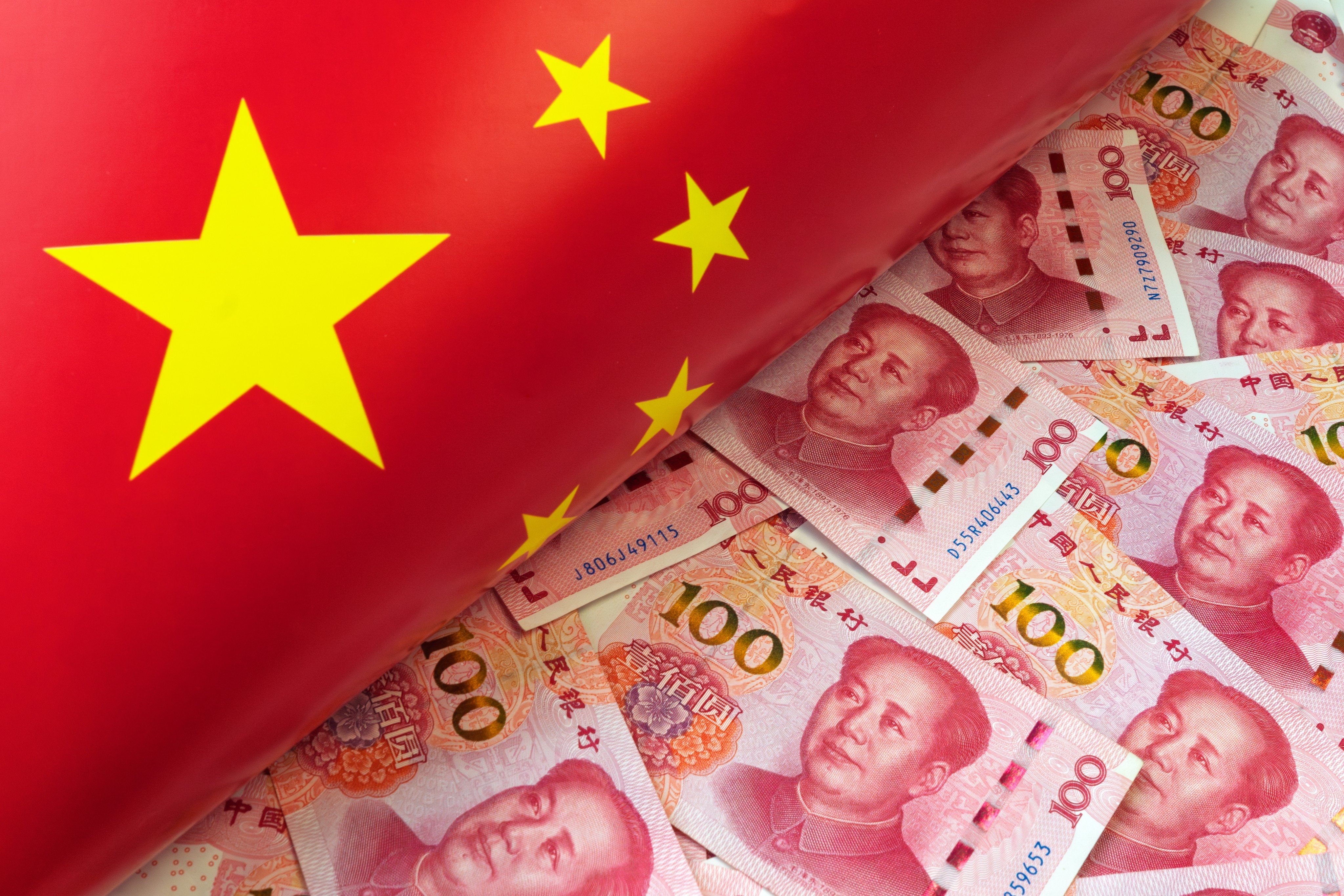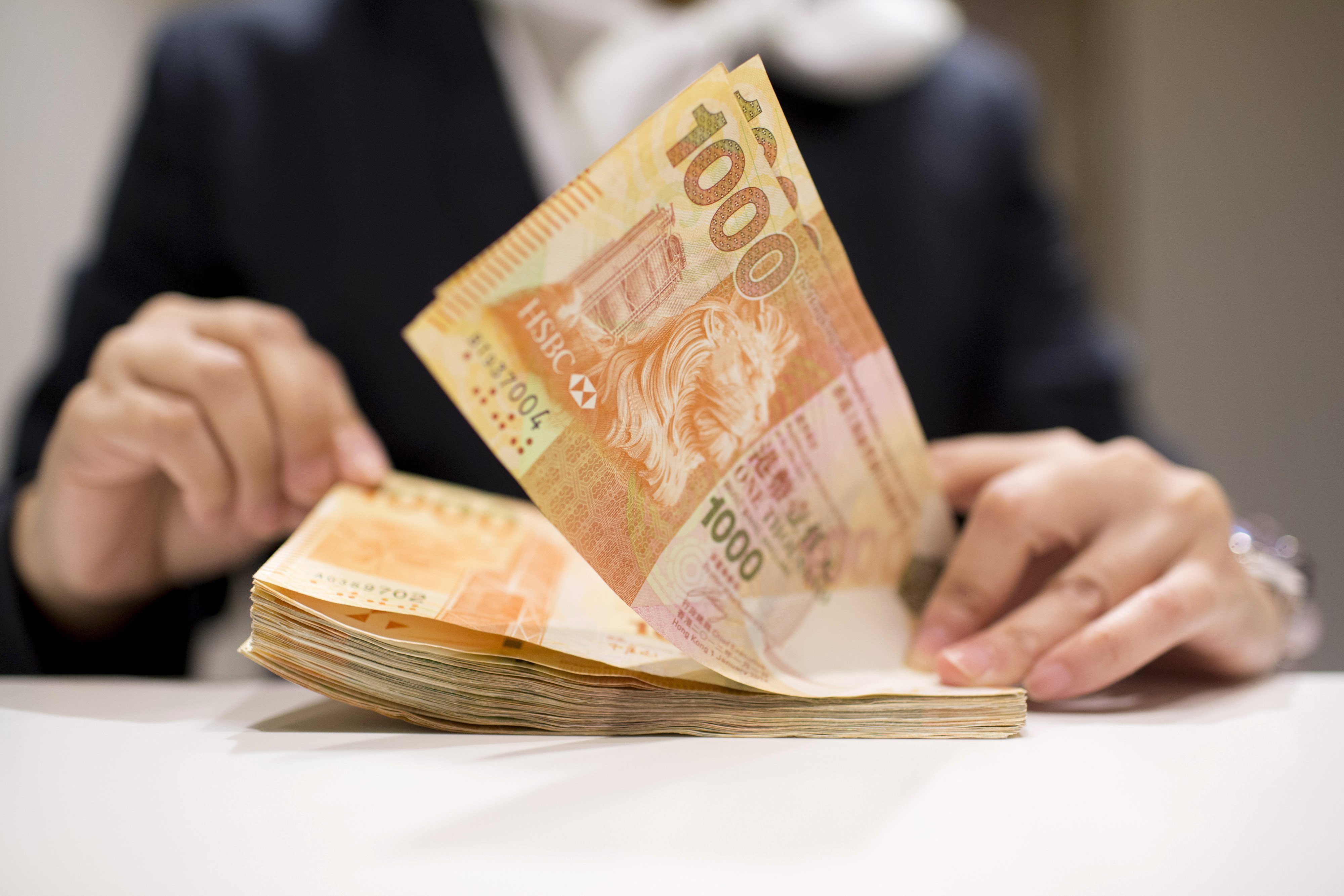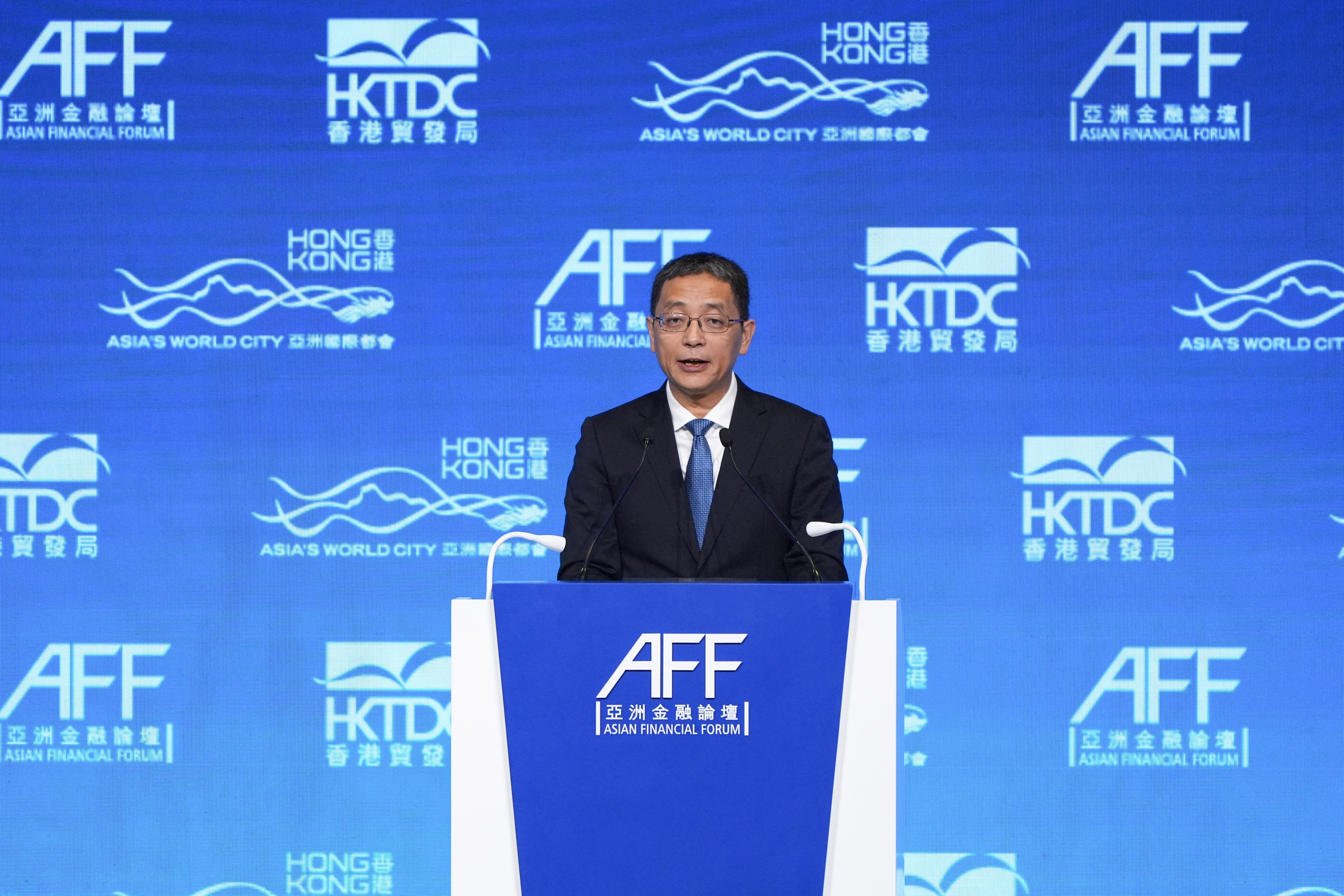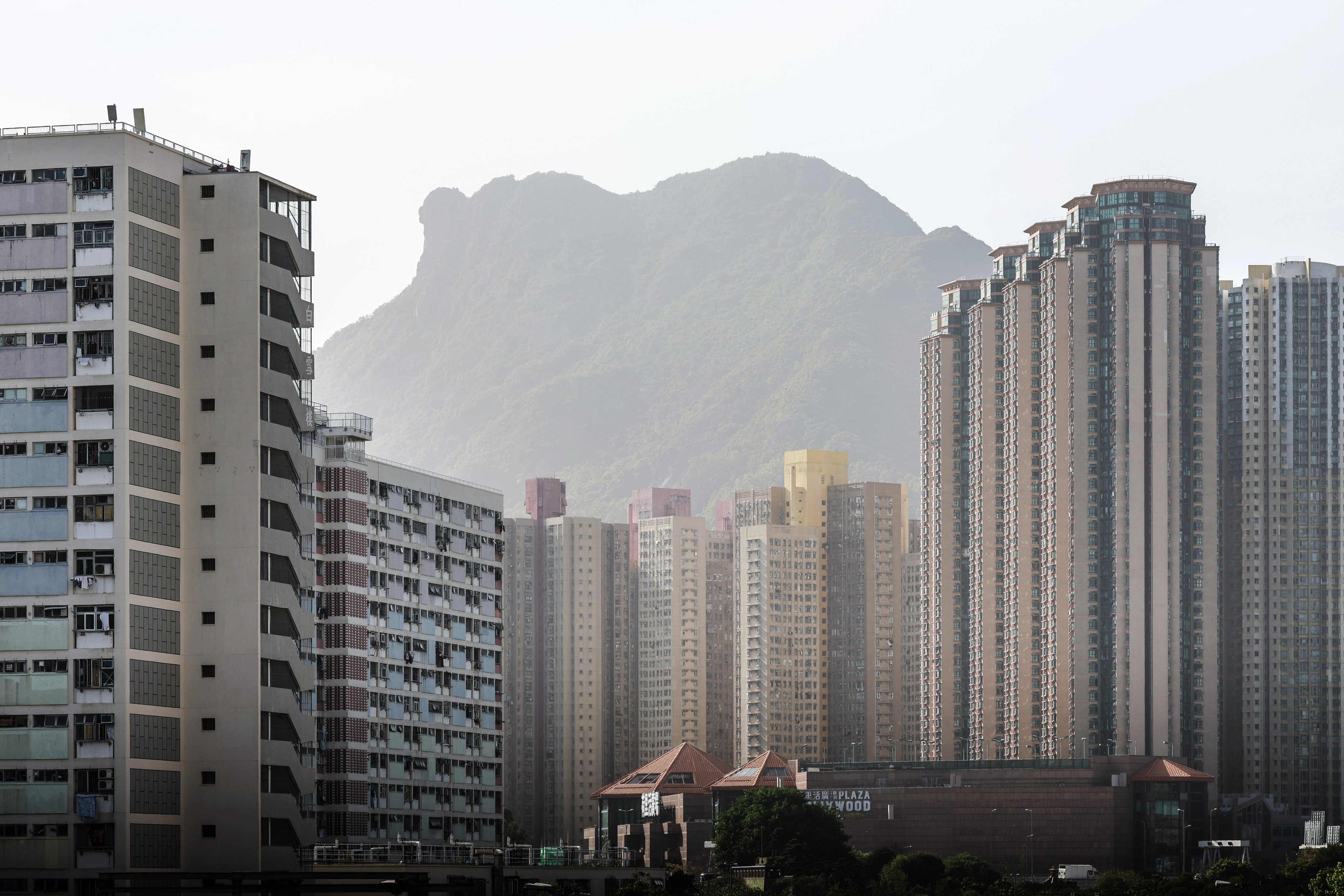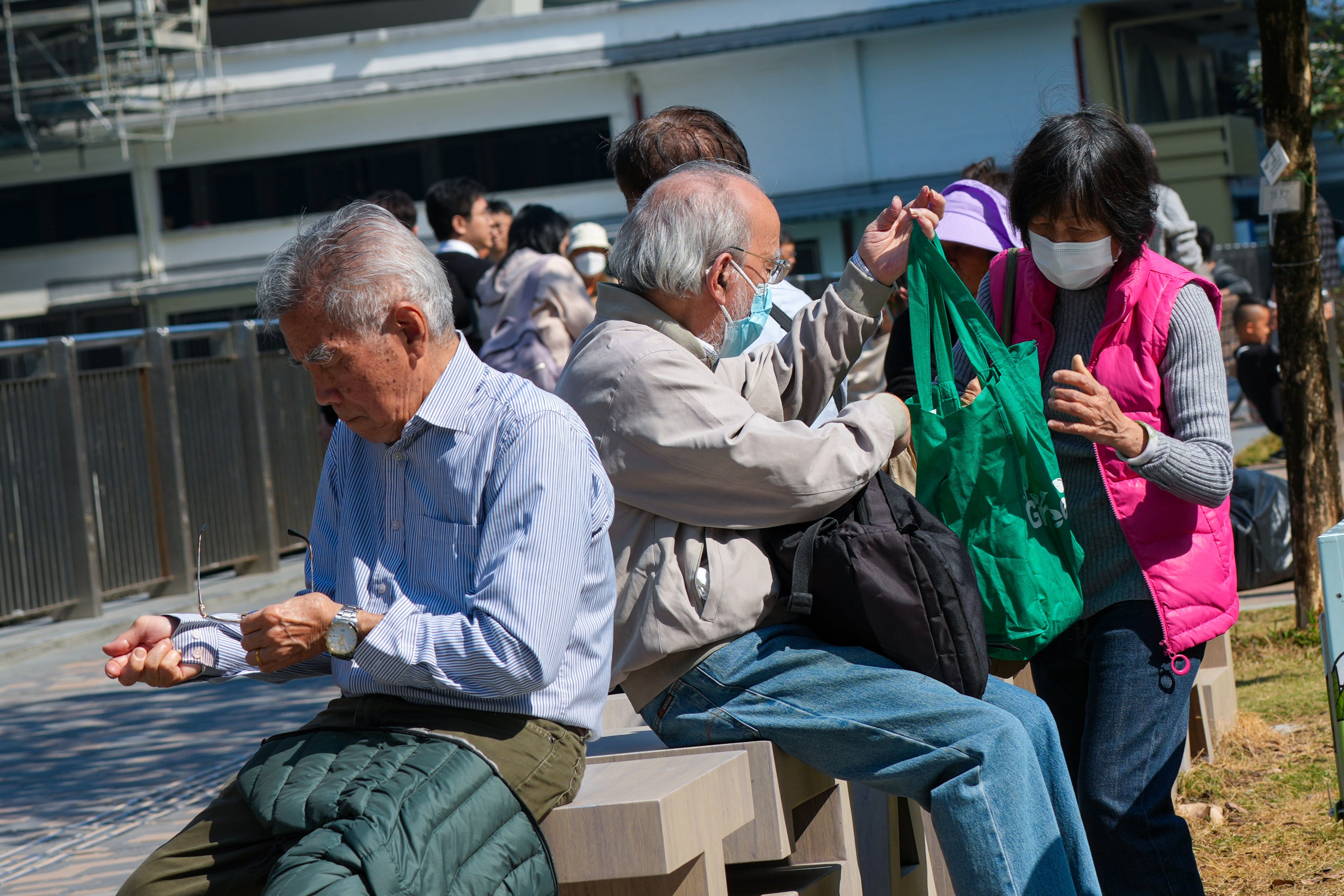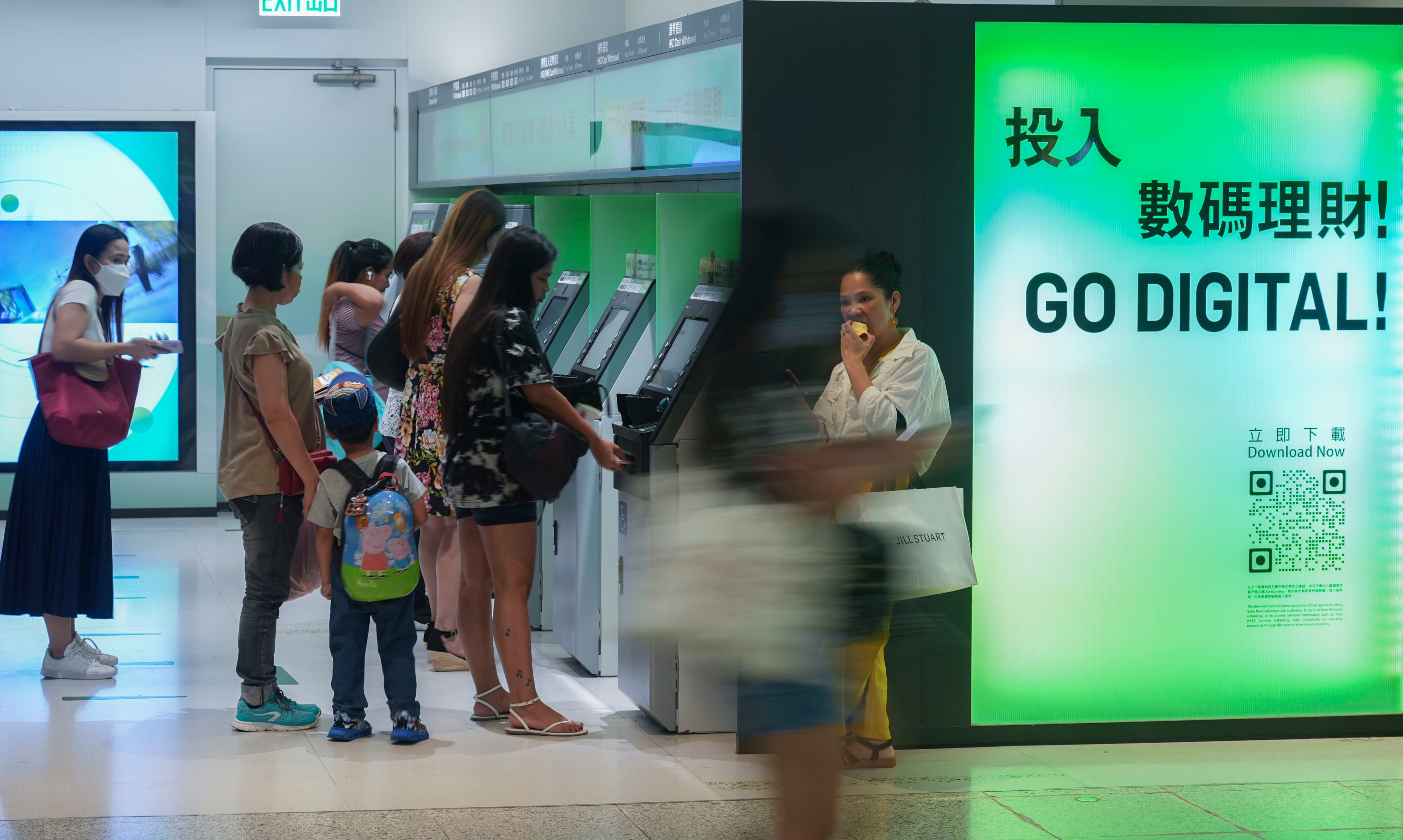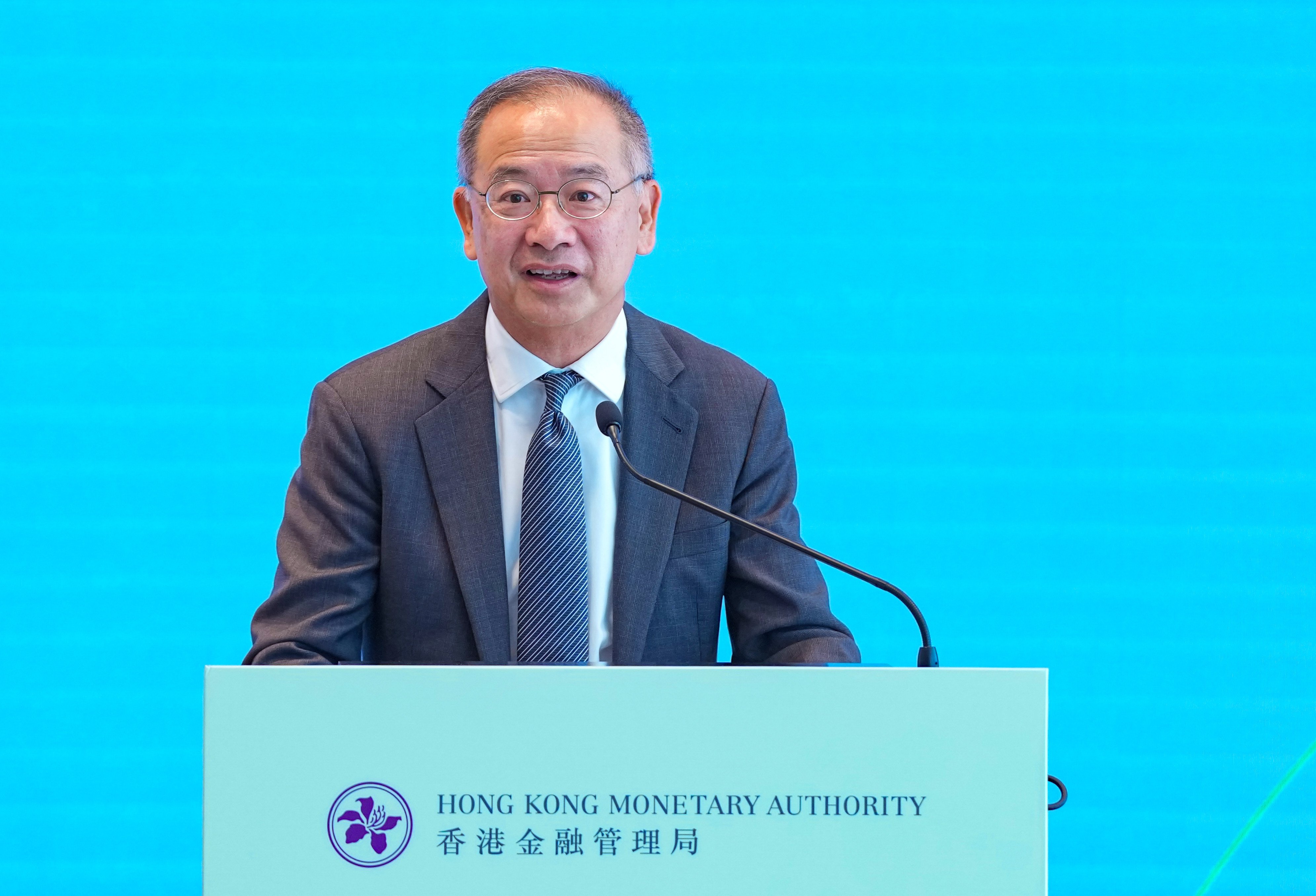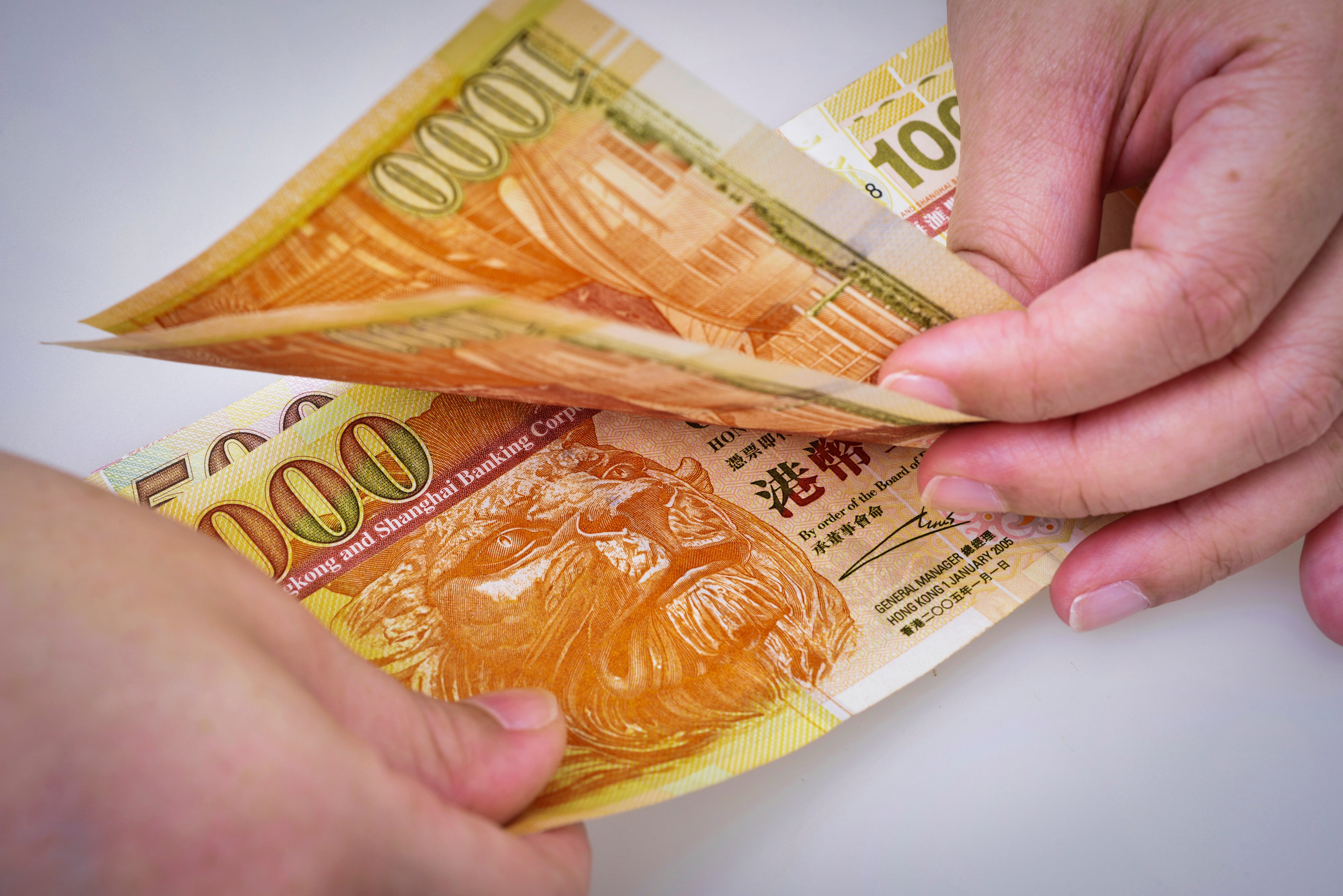Advertisement
Advertisement
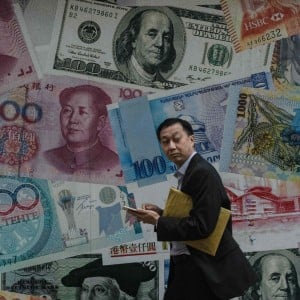
TOPIC
/ company
Hong Kong Monetary Authority (HKMA)

Hong Kong Monetary Authority (HKMA)
The Hong Kong Monetary Authority (HKMA) was established in April 1993 by merging the Office of the Exchange Fund with the Office of the Commissioner of Banking. The HKMA is responsible for maintaining monetary and banking stability, including maintaining currency stability within the framework of the Linked Exchange Rate system under which the Hong Kong dollar is pegged to the US dollar.<br />
Advertisement
Advertisement
Advertisement
Help preserve 120 years of quality journalism.
SUPPORT NOWAdvertisement
Advertisement
Advertisement
Advertisement
Advertisement
Advertisement
Advertisement
Advertisement
Advertisement
Advertisement
Advertisement
Advertisement

